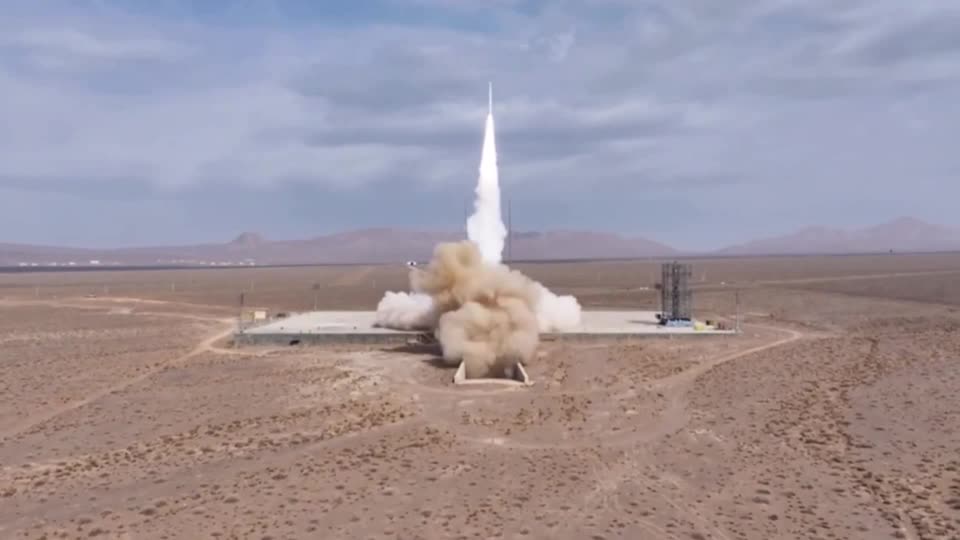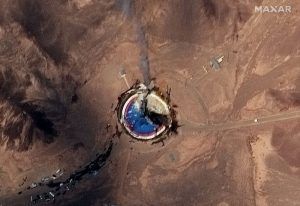Sept 14 (Reuters) – Iran on Saturday launched a research satellite into orbit with a rocket built by the Revolutionary Guards, state media reported.
The launch comes as the United States and European countries accuse Iran of transferring ballistic missiles to Russia that would be likely used in its war with Ukraine within weeks. Iran has denied this.

The Chamran-1 satellite, which was launched into space by the Qaem-100 satellite carrier, was put into a 550-kilometre (340-mile) orbit and its first signals had been received, the media said, adding that the solid fuel carrier was designed and built by the Aerospace Force of the Revolutionary Guards.
The primary mission of the satellite, which weighs 60 kg (132 pounds), “is to test hardware and software systems for demonstrating orbital manoeuvring technology in height and phase,” according to state media.
In January, Iranian media reported that the Sorayya satellite had been launched into a 750 km orbit, the highest by the country so far.
EXCLUSIVE – Satellite Photos Show Iran Expanding Missile Production, Sources Say
The U.S. military alleges the long-range ballistic technology used to put satellites into orbit could also allow Tehran to launch long-range weapons, possibly including nuclear warheads.
Tehran denies its satellite activities are a cover for ballistic missile development and says it has never pursued the development of nuclear weapons.

Chamran-1’s other mission was to “evaluate the cold gas propulsion subsystem in space systems and the performance of the navigation and attitude control subsystems”, state media reported.
Iran, which has one of the biggest missile programmes in the Middle East, has suffered several failed satellite launches in recent years due to technical issues.
(Editing by Mark Potter and Alex Richardson)

